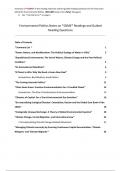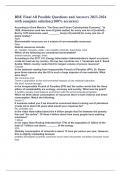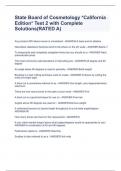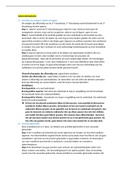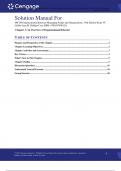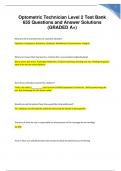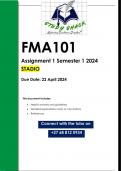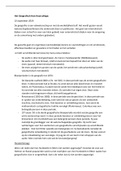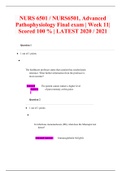Samenvatting
Summary Environmental Politics Notes on *SOME* Readings and Guided Reading Questions - GRADE 6,5
- Instelling
- Universiteit Leiden (UL)
Summary of *SOME* of the reading materials and the guided reading questions for the final exam (2023) for Environmental Politics. INCLUDES notes from (Total: 27 pages): See * Summary List * on page 1.
[Meer zien]
